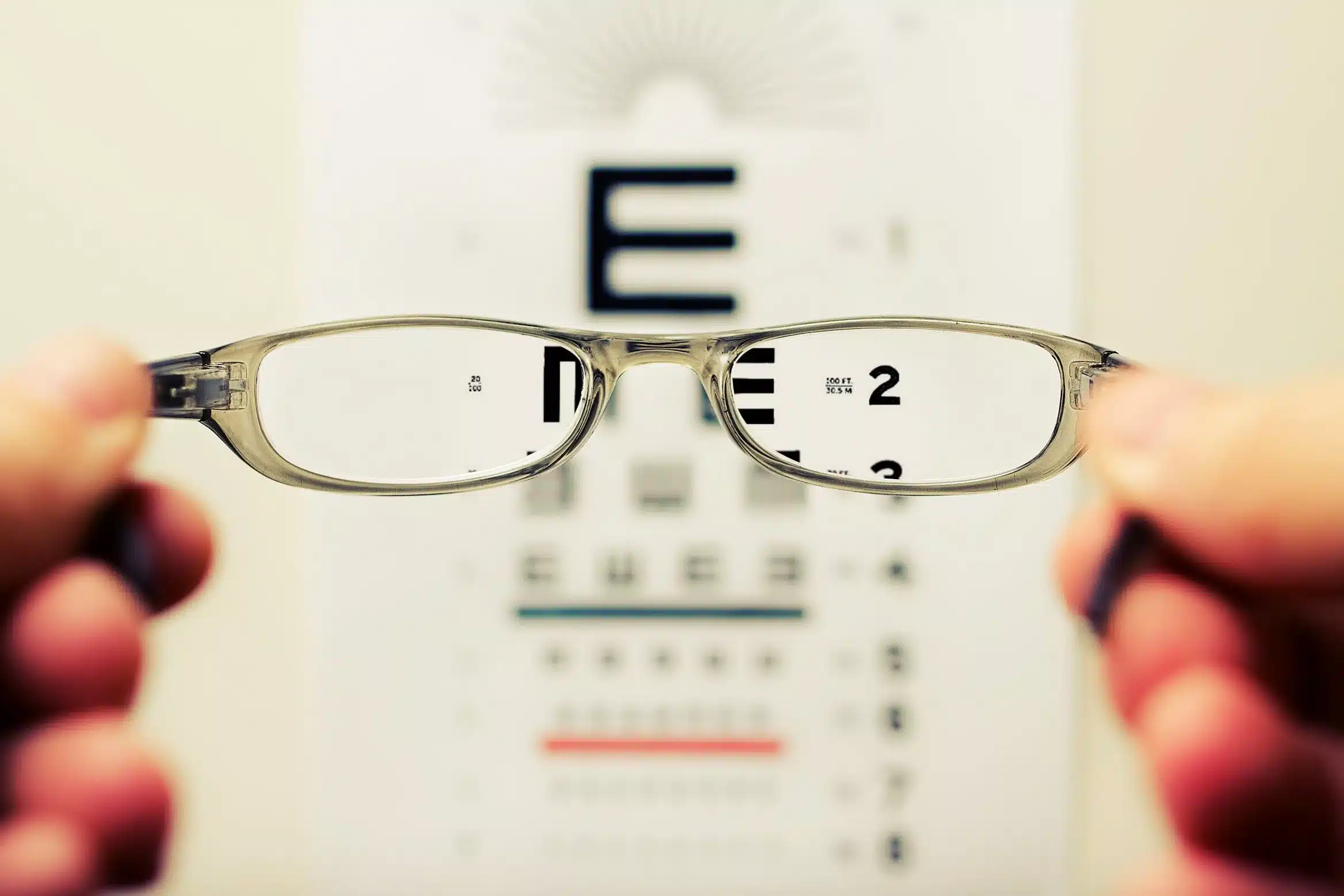UVA and UVB are invisible rays in sunlight and they are the rays that protect your skin so that you do not get sunburnt. UVA and UVB rays also enter the eye and much of the light will be absorbed by the structure of the eye without causing any damage, however when sunlight enters the eye, it creates heat or chemical reactions in the eye tissue and this can cause problems in the eye.
In this article we will be discussing ways in which you can protect your eyes from sunlight and UV rays.
UV rays affecting the eyes
According to the eyecare trust, eyes are naturally ten times more sensitive to UV light than skin. When sunlight enters the eye, much of it is absorbed by the structure of the eye without causing any damage, however if the eye has intense exposure to strong sunlight or is repeatedly exposed to sunlight over a long period of time, it can cause problems for the eye. The heat and chemical reactions that are caused when sunlight enters the eye can cause the eye to become overwhelmed and this can potentially lead to eye damage.
How UV rays can affect your eyes
Having too much unprotected exposure to UV light can cause both short-term and long-term effects for the eyes. Short-term effects can include a condition called photokeratitis, and this is a sunburn like condition. This condition occurs when there is an inflammation of the outer layer of the cornea and it usually occurs after 6-12 hours of UV exposure. The symptoms of photokeratitis include the eye becoming red and swollen, it can be painful and potentially lead to temporary loss of vision. These symptoms should clear up within 24-48 hours and cause no permanent damage to your eyes, however if you are exposing your eyes to UV often, this can increase the risk of developing a more serious eye condition.
Repeated exposure to UV can also cause long term damage to your eyes and studies have shown that repeated exposure can damage the central part of the retina and contribute to the development of age-related macular degeneration (AMD). AMD is the leading cause of sight loss in the United Kingdom and it affects over 600,000 people. Repeated exposure can also lead to pterygium which is a growth on the white of the eye and can partially block your vision and repeated exposure can also increase the risk of getting cancer in the eyelid.
How to protect your eyes from sunlight
It is extremely important to protect your eyes from sunlight so that you can reduce the risk of getting sun damage and can also help to maintain good eye health. Here are some essential tips to help you protect your eyes and reduce the risk of sun-related eye problems:
- Wearing sunglasses that provide 100% UV protection is essential for protecting your eyes from the sunlight. When buying sunglasses, you should ensure they come with 100% UV protection and they should be marked with “UV400” to ensure they are blocking both UVA and UVB rays. Additionally, sunglasses that cover a large area of your eyes and have wrap around frames will provide you with the best protection so that you are minimising the amount of exposure of sunlight to your eyes. Polarised lenses will also offer additional protection from sunlight.
- If you wear prescription glasses, you can also add a UV filter that will help to stop harmful UV rays entering the eyes.
- When you are spending a lot of time outdoors, particularly during peak sunlight hours, you should wear a wide brimmed hat or cap to protect your eyes further by providing additional shade. Seeking shade is extremely important and you should do this wherever possible, it is especially important during peak times when the sun is most intense, this is usually between 10 am and 4 pm.
It is important to note that UV rays can still affect your eyes on cloudy days so it is important to take protective measures even when there is no direct sunlight in order to protect the health of your eyes. By following the tips above, you can help to protect your eyes from the sunlight.
Claims relating to eye damage
The eye is one of the most fragile and important organs of our body, it is therefore extremely important that it is looked after correctly and any problems or conditions that occur are diagnosed as soon as possible in order to prevent any other issues arising.
If a medical professional, such as an optician or a general practitioner, fails to diagnose an eye condition early enough, it can have serious consequences for the health of your eye. If you have suffered any damage to your eye due to sunlight or UV and believe medical negligence may have led to a delay or failure to diagnose your condition and this has led to further problems, you may be eligible to claim for compensation.
Contact Patient Claim Line today and one of our medical negligence experts will be able to guide you through your claims process on a no win no fee basis.

